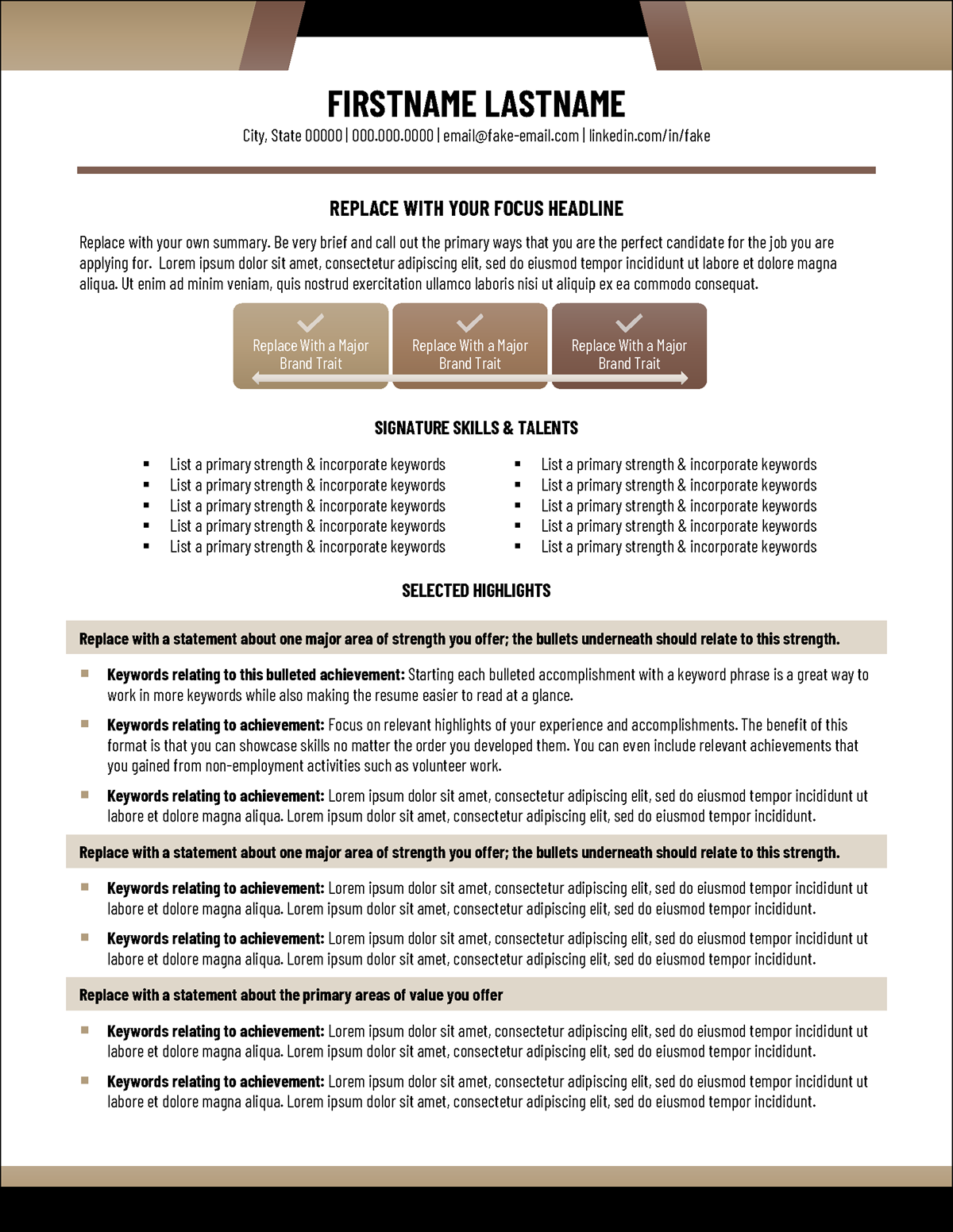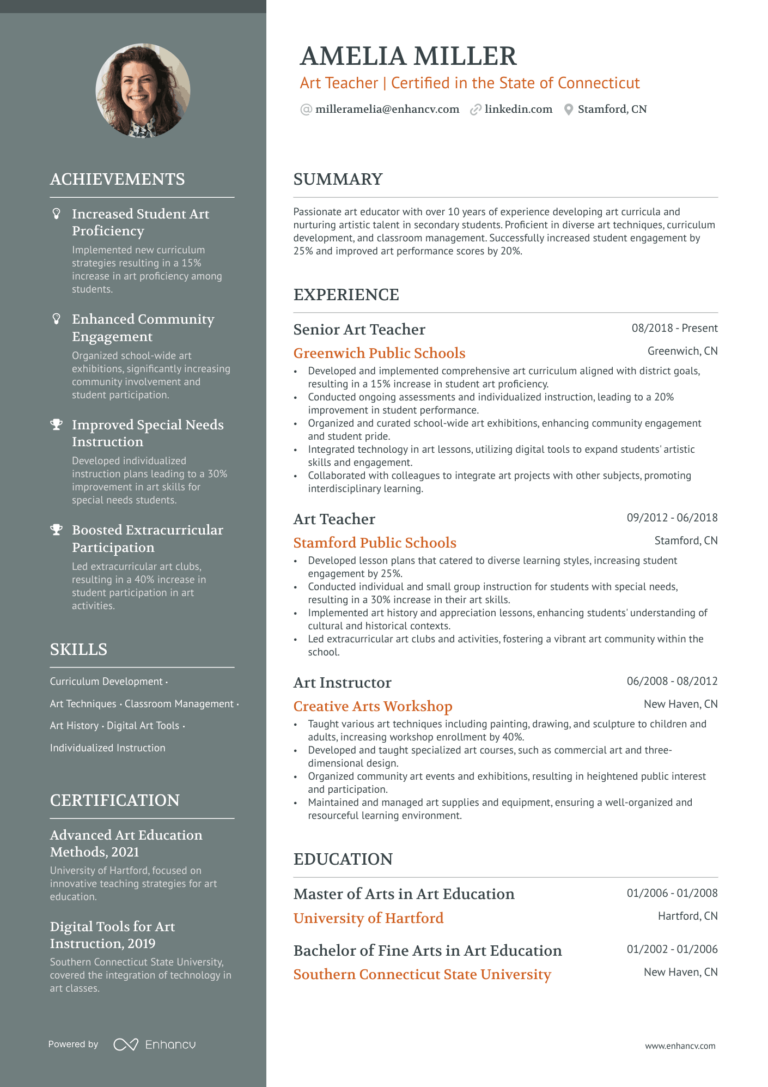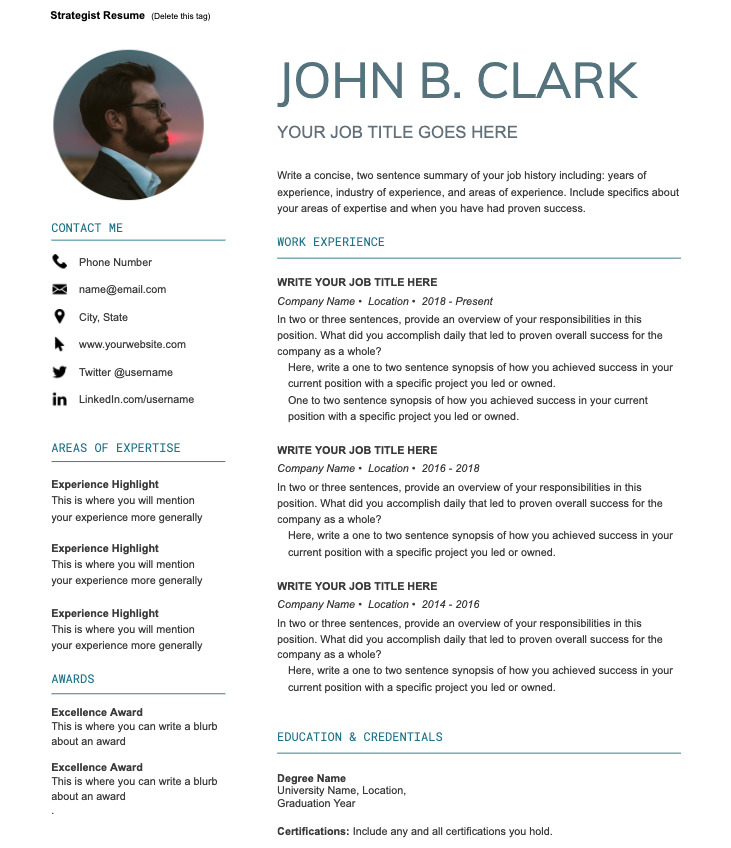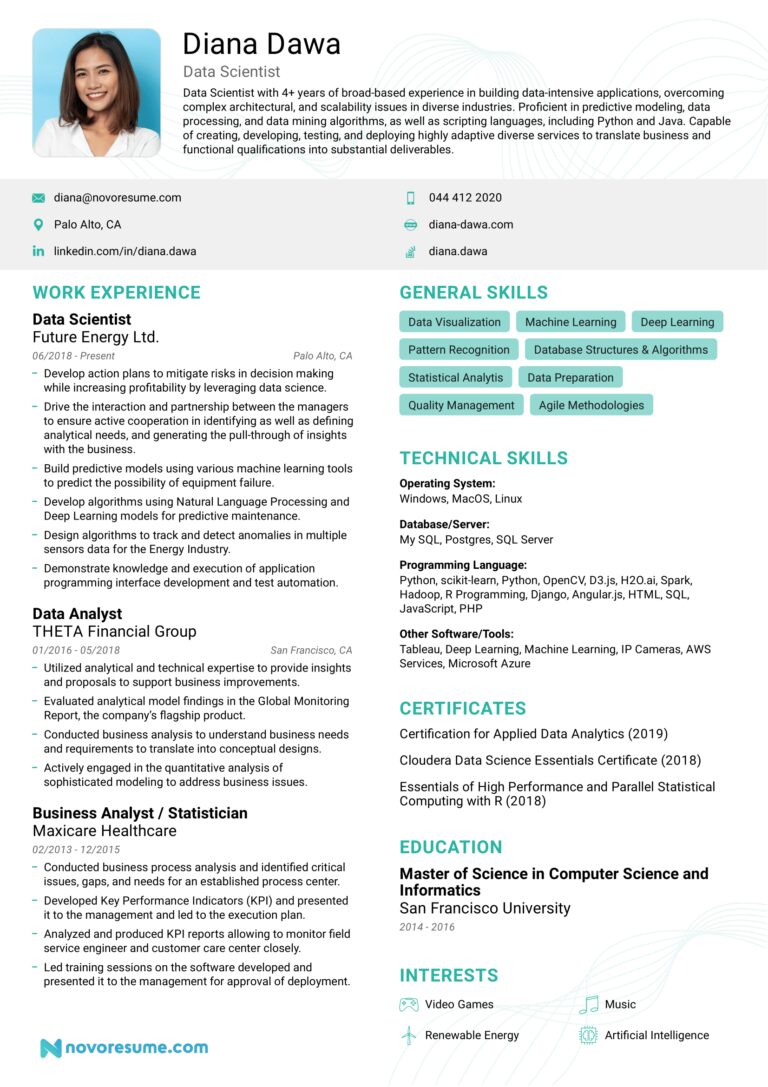Skill-Based Resume Template: A Comprehensive Guide to Crafting a Standout Resume
In today’s competitive job market, a well-crafted resume is essential for showcasing your skills and landing your dream job. Among the various resume formats, skill-based resumes have gained popularity for their effectiveness in highlighting your abilities and aligning them with specific job requirements.
This comprehensive guide will provide you with a thorough understanding of skill-based resume templates, empowering you to create a resume that will make a lasting impression on potential employers.
Skill-Based Resume Template Basics
A skill-based resume template highlights your abilities and experience relevant to specific job requirements, rather than focusing on your work history. It’s ideal for showcasing your expertise and making a strong impression on potential employers.
Skill-based resume templates offer several advantages. They allow you to:
- Tailor your resume to each job application, highlighting the skills most relevant to the role.
- Showcase your skills and abilities in a clear and concise format, making it easy for employers to assess your qualifications.
- Emphasize your transferable skills, which can be valuable across different industries and job functions.
When choosing a skill-based resume template, consider the following tips:
- Select a template that is visually appealing and easy to read.
- Choose a template that aligns with the industry and job you are applying for.
- Use a template that allows you to highlight your most relevant skills and experience.
Creating a Skill-Based Resume Template
Creating a skill-based resume template can be a great way to highlight your abilities and experience, especially if you are applying for a job that requires a specific set of skills.
When creating a skill-based resume template, there are a few things you’ll need to keep in mind:
– Start with a strong objective statement. Your objective statement should be a brief, attention-grabbing summary of your skills and experience. It should be tailored to each job you apply for, highlighting the skills that are most relevant to the position.
– Organize your skills into relevant categories. When listing your skills, it’s helpful to organize them into relevant categories. This will make it easier for potential employers to quickly scan your resume and find the skills they are looking for.
– Use action verbs to describe your skills. When describing your skills, be sure to use action verbs. This will make your resume more dynamic and engaging.
– Quantify your accomplishments whenever possible. When possible, quantify your accomplishments to show potential employers the impact of your work. For example, instead of saying “Managed a team of 10 people,” you could say “Managed a team of 10 people, resulting in a 15% increase in productivity.”
– Proofread your resume carefully. Before submitting your resume, be sure to proofread it carefully for any errors. This includes checking for typos, grammatical errors, and formatting issues.
Highlighting Skills on a Skill-Based Resume Template
Identifying and showcasing relevant skills on a skill-based resume template is crucial for capturing the attention of potential employers. By highlighting your abilities, you can demonstrate your qualifications and increase your chances of securing an interview.
Quantifying and demonstrating skills on a resume is essential. Instead of simply listing skills, use specific examples and metrics to showcase your proficiency. For instance, instead of stating “Proficient in Microsoft Office,” you could write “Managed a team of 10 using Microsoft Office Suite, resulting in a 20% increase in productivity.”
Effective skill descriptions should be concise, specific, and relevant to the position you’re applying for. Use action verbs and quantify your accomplishments whenever possible. For example, instead of writing “Communication skills,” you could write “Excellent verbal and written communication skills, proven by consistently delivering clear and persuasive presentations to audiences of up to 50 people.”
Tailoring a Skill-Based Resume Template
Yo, listen up, peeps! Tailoring your resume to each job application is like giving it a dope makeover that makes it stand out from the crowd. It’s all about showing the recruiter why you’re the perfect match for the job, innit?
Here’s the lowdown on how to customize your skill-based resume template:
- Read the job description carefully: Check out the skills and experience they’re after and make sure to highlight them in your resume.
- Use s: Recruiters use Applicant Tracking Systems (ATS) to screen resumes, so make sure your resume is packed with the s they’re looking for.
- Quantify your skills: Don’t just list your skills; give concrete examples of how you’ve used them to achieve results.
Here’s a sick table comparing tailored and untailored skill-based resume templates:
| Tailored Resume Template | Untailored Resume Template | |
|---|---|---|
| Job-specific | Customized to each job application | Not customized to any specific job |
| s | Includes relevant s from the job description | May not include relevant s |
| Quantified skills | Provides concrete examples of skills in action | May only list skills without examples |
| Tailored to ATS | Optimized for Applicant Tracking Systems | May not be optimized for ATS |
Using a Skill-Based Resume Template in Different Industries
Adapting a skill-based resume template to various industries requires tailoring your skills and qualifications to match the specific demands of each field. Different industries have unique requirements, and it’s essential to showcase the skills and experience that align with the target industry.
Identifying Key Skills and Qualifications
Researching the target industry is crucial to identify the skills and qualifications that employers value. Utilize job postings, industry reports, and professional networking to gather information about the in-demand skills. Common skills sought across industries include problem-solving, communication, teamwork, and adaptability. However, specific industries may require specialized technical skills or domain knowledge.
Examples of Industry-Specific Skill-Based Resume Templates
– Technology: Emphasize technical skills such as programming languages, software development tools, and cloud computing. Highlight projects that demonstrate your ability to solve complex technical problems.
– Healthcare: Focus on patient care skills, medical knowledge, and industry-specific certifications. Include experience in electronic health records, patient management, and medical terminology.
– Finance: Showcase analytical and financial modeling skills. Highlight experience in financial analysis, budgeting, and investment management. Consider including industry-recognized certifications.
– Education: Emphasize teaching methods, classroom management, and curriculum development skills. Include experience in lesson planning, student assessment, and educational technology.
– Marketing: Highlight marketing strategies, digital marketing tools, and data analysis skills. Showcase experience in campaign management, content creation, and customer relationship management.
FAQ
What is the difference between a skill-based resume and a traditional resume?
A skill-based resume focuses on highlighting your skills and abilities, while a traditional resume emphasizes your work experience and educational background.
What are the benefits of using a skill-based resume template?
Skill-based resume templates can help you showcase your skills effectively, tailor your resume to specific job requirements, and stand out in a competitive job market.
How do I choose the right skill-based resume template?
Consider your industry, job level, and the specific skills and qualifications required for the positions you are applying for when selecting a skill-based resume template.



